If you’re struggling to pay your car insurance premiums, the financial pressure can be overwhelming. But could falling behind on your insurance payments actually lead to your car being repossessed? Here’s what you need to know.
1. Loan Default: The Chain Reaction

Image Credit: Shutterstock / BalanceFormCreative
If your insurance lapses, you could violate your loan agreement, leading to default. Lenders require insurance to protect their investment, and a lapse gives them grounds to consider repossession.
2. Lenders Require Full Coverage

Image Credit: Shutterstock / Ground Picture
Lenders and leasing companies demand comprehensive insurance coverage to safeguard their interests. Failure to maintain coverage puts you at risk of loan default and repossession.
3. Force-Placed Insurance: Expensive and Risky
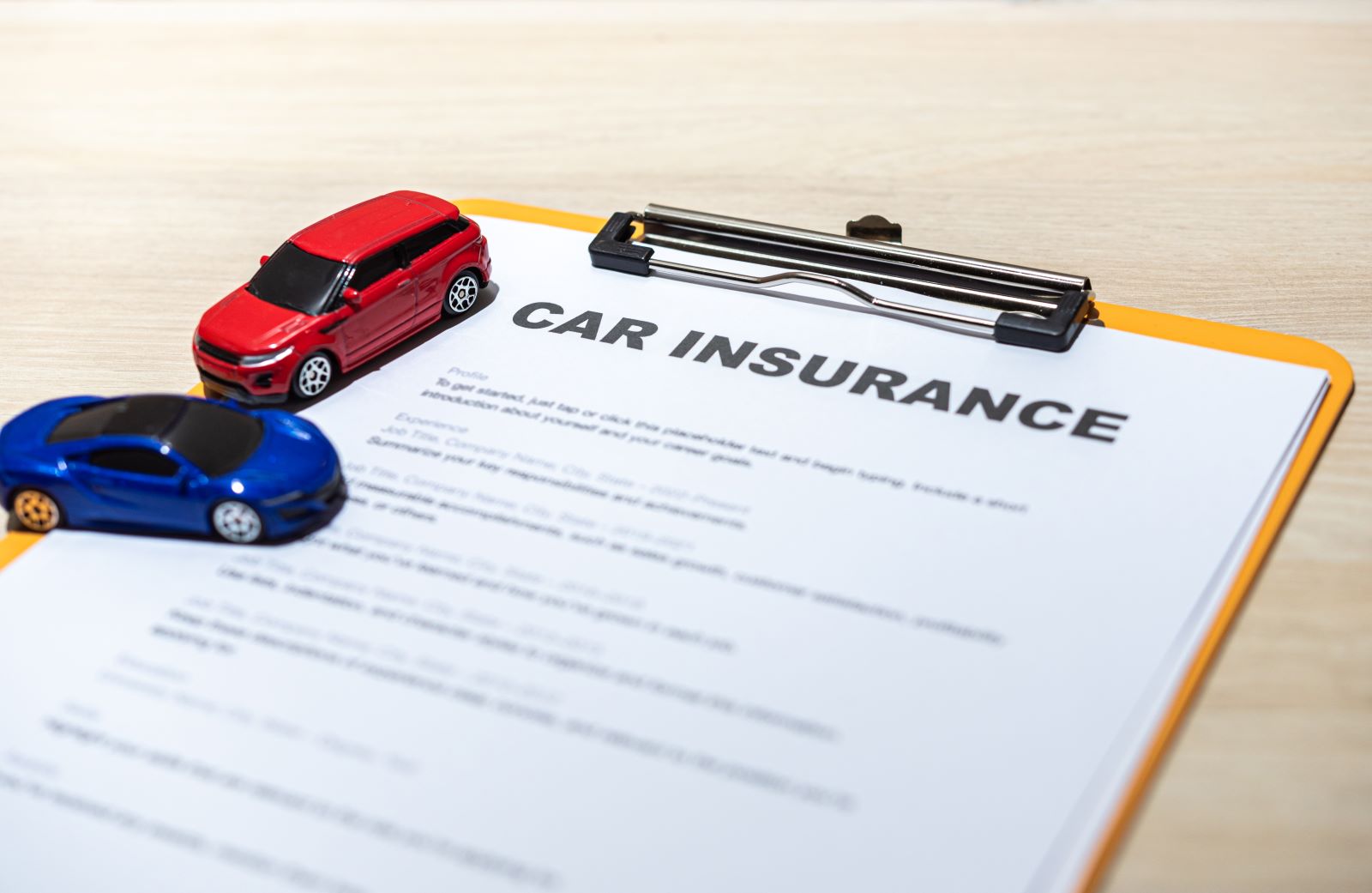
Image Credit: Shutterstock / khunkornStudio
When your insurance lapses, lenders may purchase force-placed insurance, which is more expensive and offers limited coverage. This added cost increases your loan payments, making repossession more likely if you can’t pay.
4. Bundled Insurance and Loan Payments: Double Trouble

Image Credit: Shutterstock / fizkes
Some loans bundle insurance with car payments. Missing these combined payments can result in both loan and insurance default, quickly leading to repossession.
5. State Laws: Insurance Lapses and Registration Suspensions

Image Credit: Shutterstock / Nicola Forenza
In states like New York and California, insurance companies notify the DMV of lapses, which can lead to registration suspension. Driving with a suspended registration could result in vehicle impoundment and, eventually, repossession.
6. Lender’s Rights: Repossession Without Notice
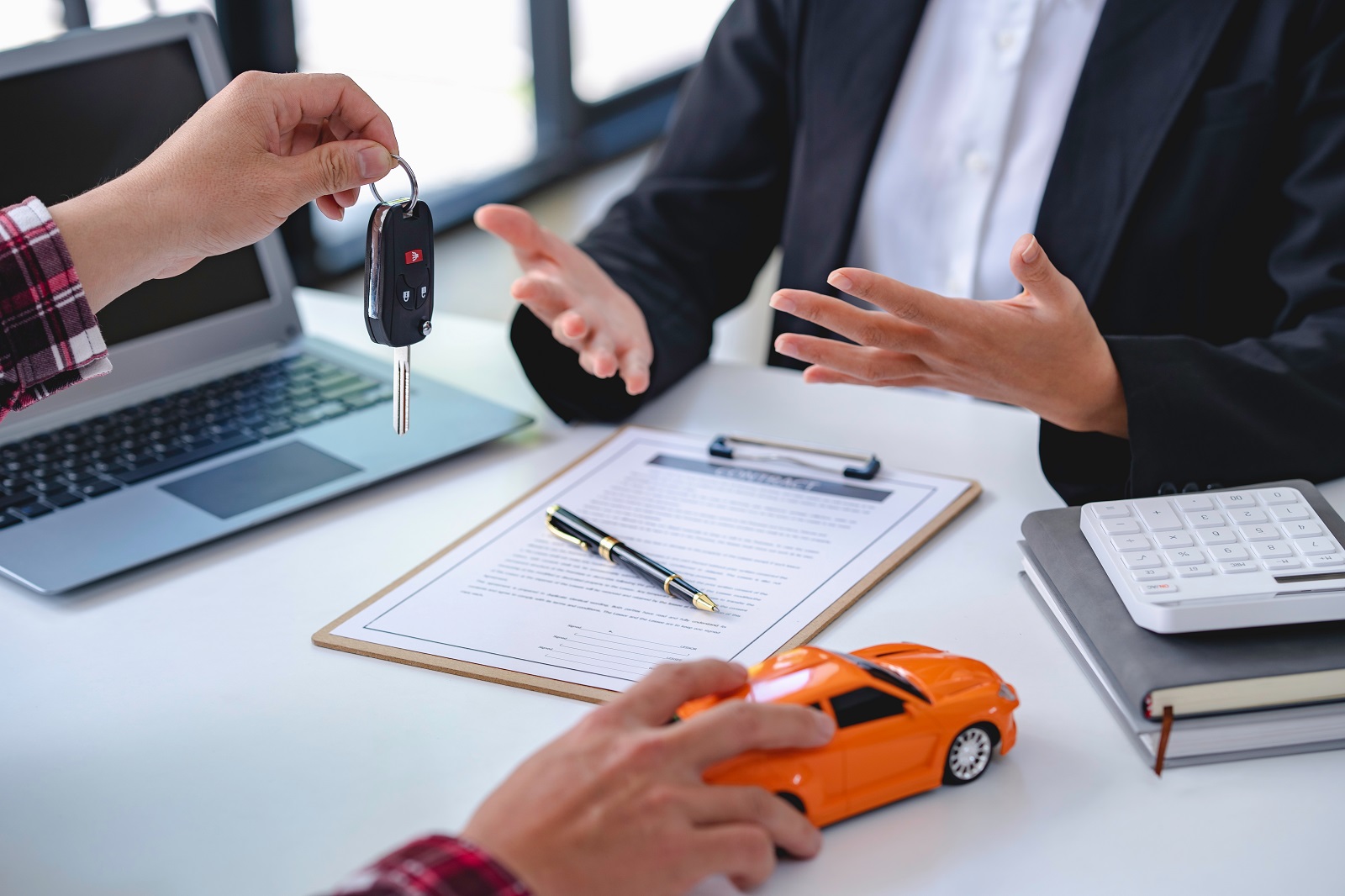
Image Credit: Shutterstock / CrizzyStudio
Lenders have the right to repossess your car without notice if you’re in default, including for unpaid insurance premiums. They’re protecting their financial interest, and repossession is a last resort.
7. Repo Companies: What to Expect

Image Credit: Shutterstock / hedgehog94
Repo companies can legally take your car from your home, work, or a public parking lot. Repossession leads to additional fees like towing and storage, making it harder to recover your vehicle.
8. Credit Impact: A Long-Term Consequence

Image Credit: Shutterstock / Andrey_Popov
Repossession severely damages your credit score, lowering it by 100 points or more. This can impact your ability to finance another vehicle, buy a home, or obtain other loans.
9. Negotiating with Your Lender: A Crucial Step

Image Credit: Shutterstock / Ground Picture
If you’re facing an insurance lapse, communicate with your lender. Many are willing to work out a solution, like refinancing or adjusting your payment schedule, to avoid repossession.
10. Avoiding Insurance Lapses: Be Proactive

Featured Image Credit: Shutterstock / My Agency
If insurance costs are overwhelming, shop for more affordable coverage or adjust your policy. Setting up automatic payments can help prevent missing due dates and potential lapses.
11. Forced-Placed Insurance: Real Case Consequences
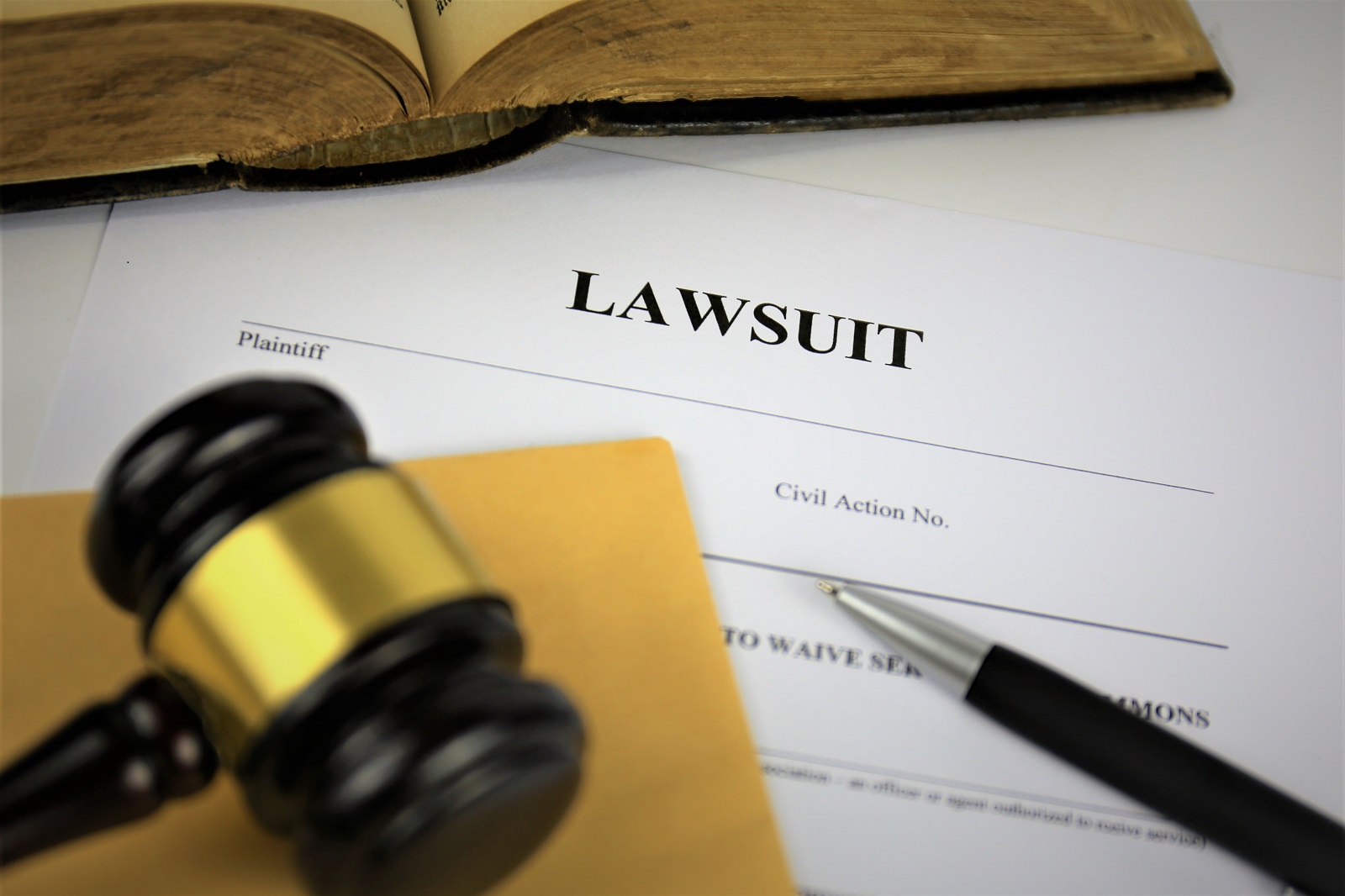
Image Credit: Shutterstock / Ulf Wittrock
A 2016 Wells Fargo lawsuit revealed how force-placed insurance policies caused defaults and repossessions. Borrowers with inflated premiums couldn’t keep up, leading to significant financial fallout.
12. Job Loss from Repossession: A Vicious Cycle

Image Credit: Shutterstock / Tong_stocker
Losing your car to repossession can cost you your job, especially if you rely on your vehicle for work. This creates a cycle of financial instability that’s difficult to escape.
13. Debt After Repossession: The Deficiency Balance

Image Credit: Shutterstock / fizkes
After repossession, your lender will sell the vehicle at auction. If the sale doesn’t cover the loan balance, you’re responsible for the remaining amount, which can add up to thousands of dollars.
14. Facing Repossession: Act Fast

Image Credit: Pexels / Andrea Piacquadio
If repossession seems imminent, contact your lender immediately. Ignoring the problem will only escalate the situation. Quick action can help you negotiate better terms or avoid repossession altogether.
15. Rebuilding Financial Stability: Plan for the Future

Image Credit: Shutterstock / Deemerwha studio
Avoid future crises by building an emergency fund. This financial cushion can cover unexpected expenses like insurance payments, preventing the chain of events that could lead to repossession.
16. The Hidden Costs of Repossession
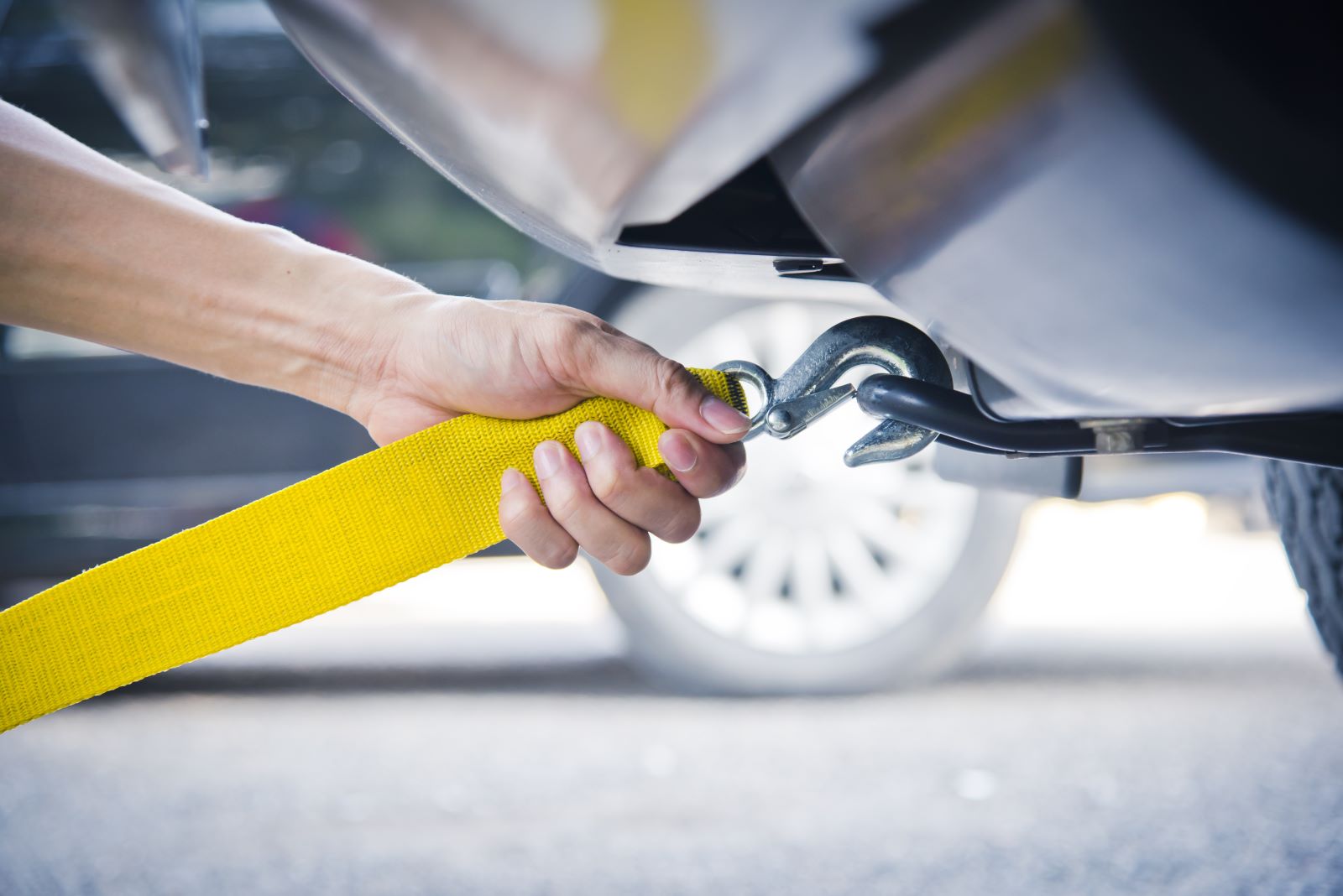
Image Credit: Shutterstock / PATIWIT HONGSANG
Repossession not only results in the loss of your car but also leads to additional fees like towing, storage, and legal costs. These expenses can make it nearly impossible to recover your vehicle.
The Bottom Line

Image Credit: Shutterstock / fizkes
While unpaid insurance premiums alone don’t directly lead to repossession, the chain reaction they cause can put you at risk. Protect yourself by keeping your insurance current and staying in communication with your lender.
Police Magnet: 7 Cars That Guarantee You’ll Get Pulled Over
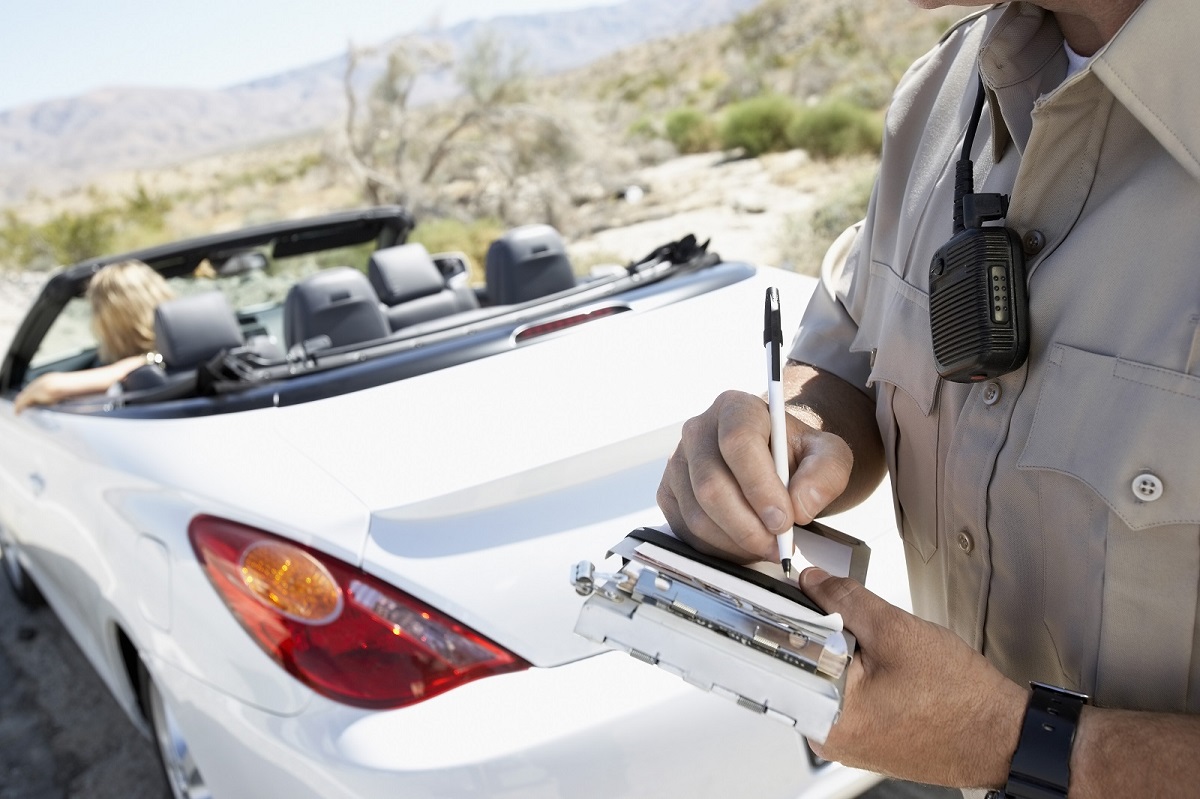
Image Credit: Shutterstock / sirtravelalot
Driving certain cars can make you more noticeable to law enforcement, even if you’re abiding by all the rules. Are you driving one of these “police magnets”? Here are seven cars that seem to attract more police attention than others. Police Magnet: 7 Cars That Guarantee You’ll Get Pulled Over
The Classic Cars That Were Total Clunkers

Image Credit: Pexels / Pixabay
Nostalgia has a funny way of making the past seem better than it was, especially when it comes to cars. But here’s the hard truth: some of those “classic” cars your dad raves about were real clunkers. Here’s a closer look at why some of those so-called “classics” weren’t all they were cracked up to be. The Classic Cars That Were Total Clunkers
The Worst U.S. Cars Ever Made: A Retro List
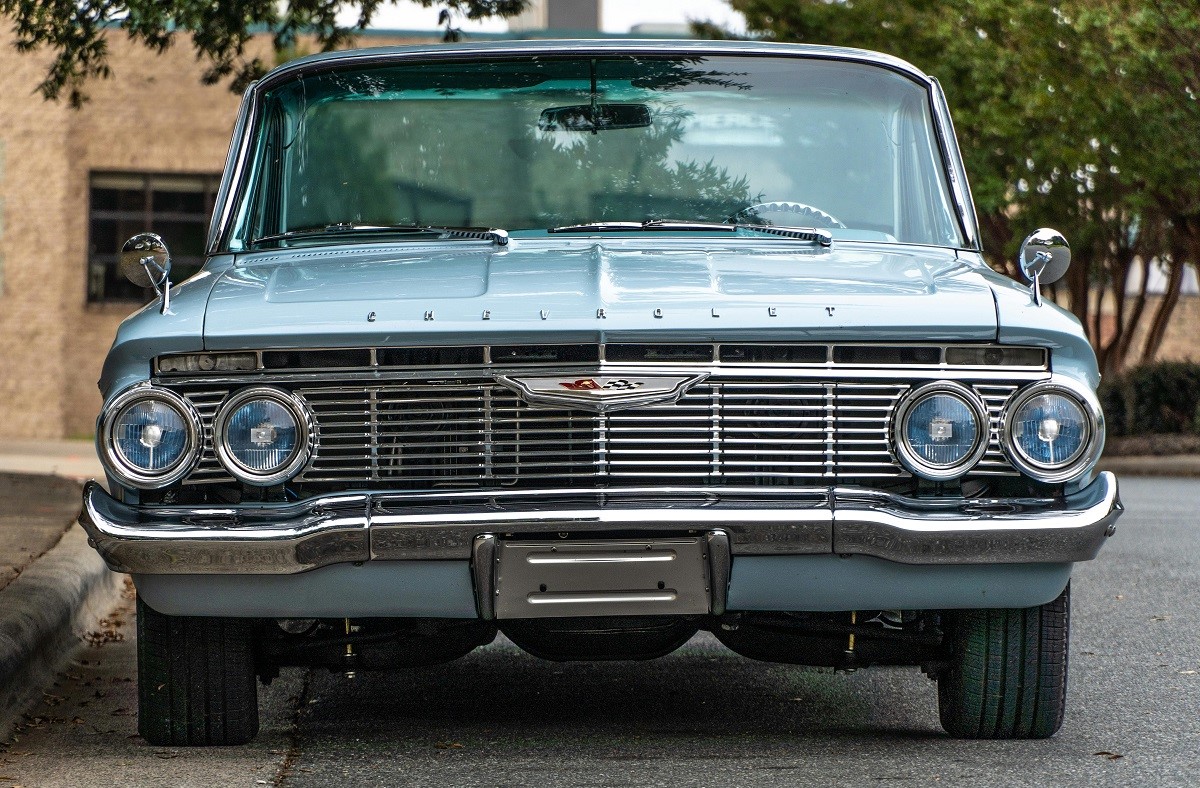
Image Credit: Pexels / Be The Observer
The U.S. auto industry has produced some incredible vehicles, but not every model was a hit. Here’s a look back at 16 of the worst cars ever made in the U.S., each infamous for its own unique flaws. The Worst U.S. Cars Ever Made: A Retro List
Featured Image Credit: Shutterstock / hedgehog94.
The content of this article is for informational purposes only and does not constitute or replace professional advice.
The images used are for illustrative purposes only and may not represent the actual people or places mentioned in the article.
For transparency, this content was partly developed with AI assistance and carefully curated by an experienced editor to be informative and ensure accuracy.



